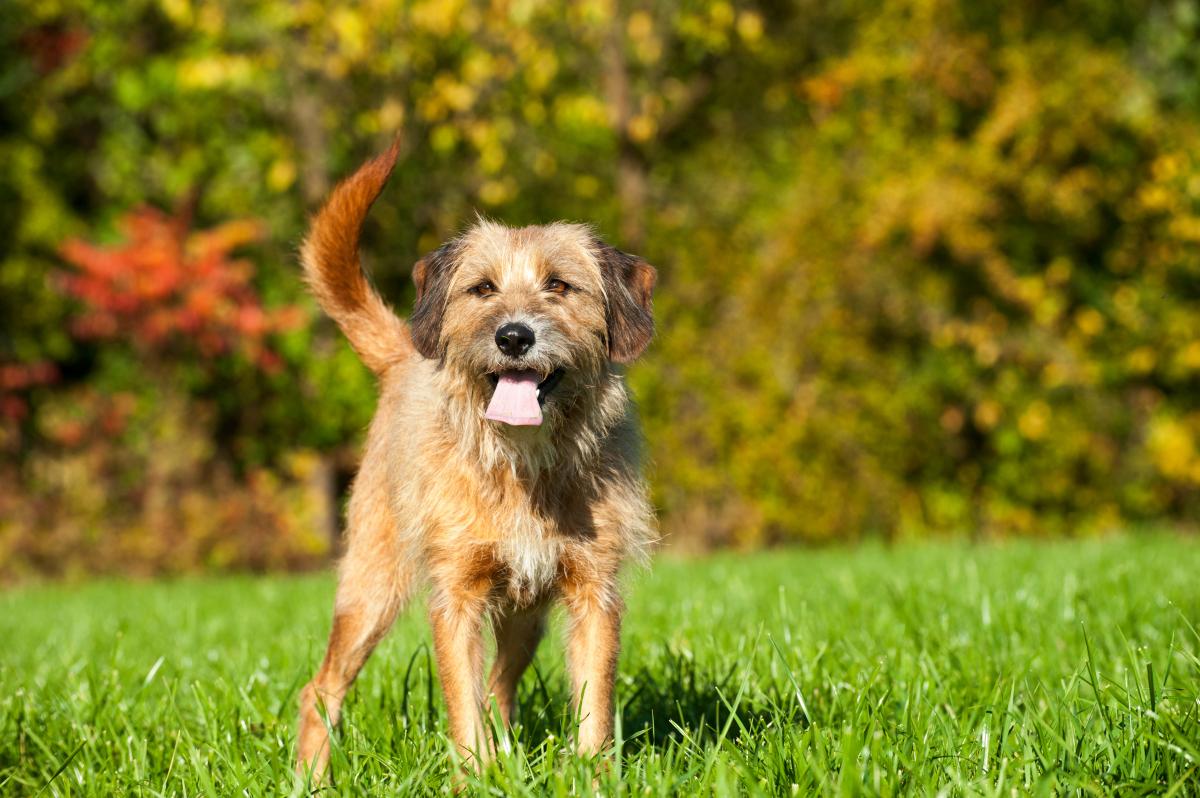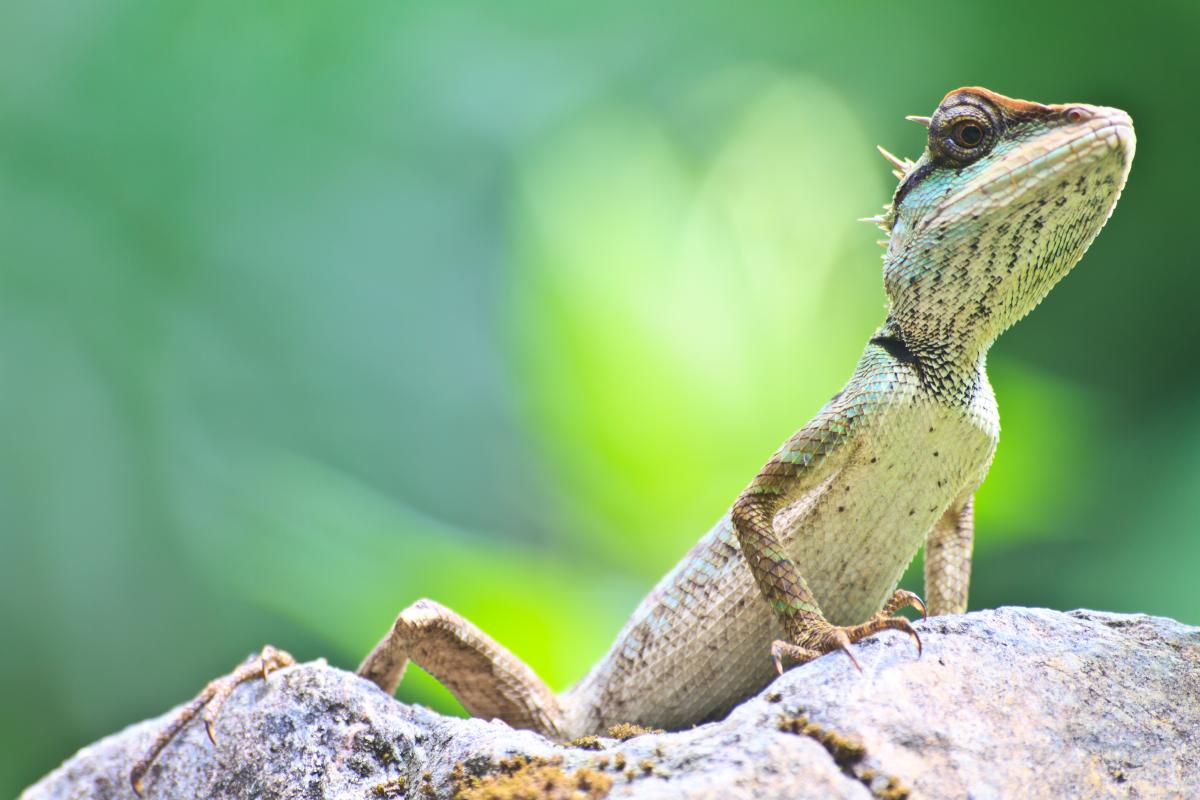April marks National Pet Month in the UK, an awareness campaign dedicated to promoting 'responsible pet ownership'. Ruby Guyler looks at some of the ethical implications of bringing a companion animal into your home as a vegan.
We live in a world where having an animal as a companion is considered a normality. Many people are unaware of the consequences of breeding and captivity and so do not realise what purchasing an animal actually means, both for the animals themselves as well as the ecosystem. This post will provide a vegan perspective on the topic, highlighting the main issues surrounding the industry.
Buying companion animals
As vegans, we should be working towards a world in which no animal is held in captivity. When we buy companion animals, we are essentially purchasing those animals to become our property - against their will. It may not seem like it on the surface, but these creatures have little or no control over their lives. This includes everything they do, from when they go to the bathroom to their reproductive abilities. It’s not just the most popular companion animals either – goldfish are bred in tanks which are often overpopulated and feature artificial plants and lighting, a far cry from the vast expanses of water they should be swimming in. Birds have their most natural instinct taken away from them when their feathers are trimmed to prevent them from taking flight. They are locked in tiny cages - a stark contrast to the sky through which they should be flying. Whenever someone buys from a breeder, the cycle continues. More animals will continue to be produced and sold as companion animals, all for the enjoyment of humans.

Selective breeding
Humans have been selective breeding for centuries in order to produce animals which look or behave in a certain way. Selecting animals with specific characteristics and forcing them to produce offspring together is an unnatural form of reproduction. Consequently, this often leads to health problems for the animals in question. For example, dogs which are bred to have short legs, such as the dachshund, have bowed legs susceptible to dislocations in the knee, while animals with flat faces, such as the pug, often suffer from breathing problems.
The copious number of health problems within these animals clearly indicates that selective breeding is an unnatural and unfair process. Their lives are being dictated by humans even before they are born and this impacts massively on their health and wellbeing – once more under the control of humans.
Unfortunately, many people believe that buying from ‘pedigree’ breeders makes their companion animal superior to others. As a result, they are prepared to pay large amounts of money to the breeder, thus contributing to the breeding industry and fuelling the cycle. This idea of ‘superiority’ leads to purebred animals being highly desired. So long as this view is maintained, more people will seek out breeders of these dogs and the process will continue.
Exotic animals
In contrast to cats and dogs, exotic animals are not domesticated. Instead they are often plucked from their natural environment and sold to whoever may desire them. These include birds, tropical fish, reptiles and amphibians.
These creatures are kept in small habitats and given an artificial environment to live in. Even the largest of cages or tanks is minute in comparison to the space they would have in the jungle, ocean or sky. In purchasing exotic animals, we are denying them the right to a natural life, including the ability to reproduce and raise young, hunt in the wild and roam free in their natural habitat.
Removing exotic animals from the wild also disturbs the ecosystem and has a negative impact on the environment. The collection of tropical fish, for instance, is contributing towards the demise of coral reefs and already vulnerable rainforests lose animals who would otherwise be carrying and spreading seeds, which would later grow into plants and trees.

Why is it ok to adopt/rescue companion animals?
The subjugation of animals exists, whether we like it or not. It is our duty to care for animals who have been subjected to cruelty, abuse or neglect because domestication is what led to their vulnerability in the first place. In an ideal world, all animals would be able to live their lives freely. But until that happens, we should do our best to look out for the discarded animals of the world.
Rescuing homeless animals is also more compassionate than contributing towards the selective breeding industry or the exotic animal trade. In doing so, we are not supplying breeders or shop owners with our custom. A difference will be seen when more and more people do the same.
What about guide dogs?
The ownership of guide dogs and service dogs for the disabled forms a controversial topic in the vegan community. The definition of veganism is a way of living which seeks to exclude, as far as is possible and practicable, all forms of exploitation of, and cruelty to, animals for food, clothing or any other purpose. Therefore, it may be impractical – or impossible – for an individual to live without a service dog at the current time. In the future, we can hope to see more forms of animal-free help for disabled individuals, including human companions.
Companion animal diets
It is often believed that dogs and cats cannot live a healthy life without being fed meat. However, research has shown that these animals can thrive on a plant-based diet if they receive the correct amount of specific nutrients. You can read our blog post to find out more.
The future for companion animals
We can be hopeful that in the future, all animals will live in freedom and without the restraints of humans. This includes companion animals, who have lived under the ownership of humans for so long that it seems normal for us to control every aspect of their lives. Until that day comes, we should make an effort to educate others about the consequences of the animal trade and breeding industries, and instead rescue unwanted animals who have become victims of domestication. This will eventually break the cycle which continues every time a purchase is made from a breeder or store owner and we can move towards a more positive future.
The views expressed by our bloggers are not necessarily the views of The Vegan Society.


Comments
Response to Ruby Guyler article